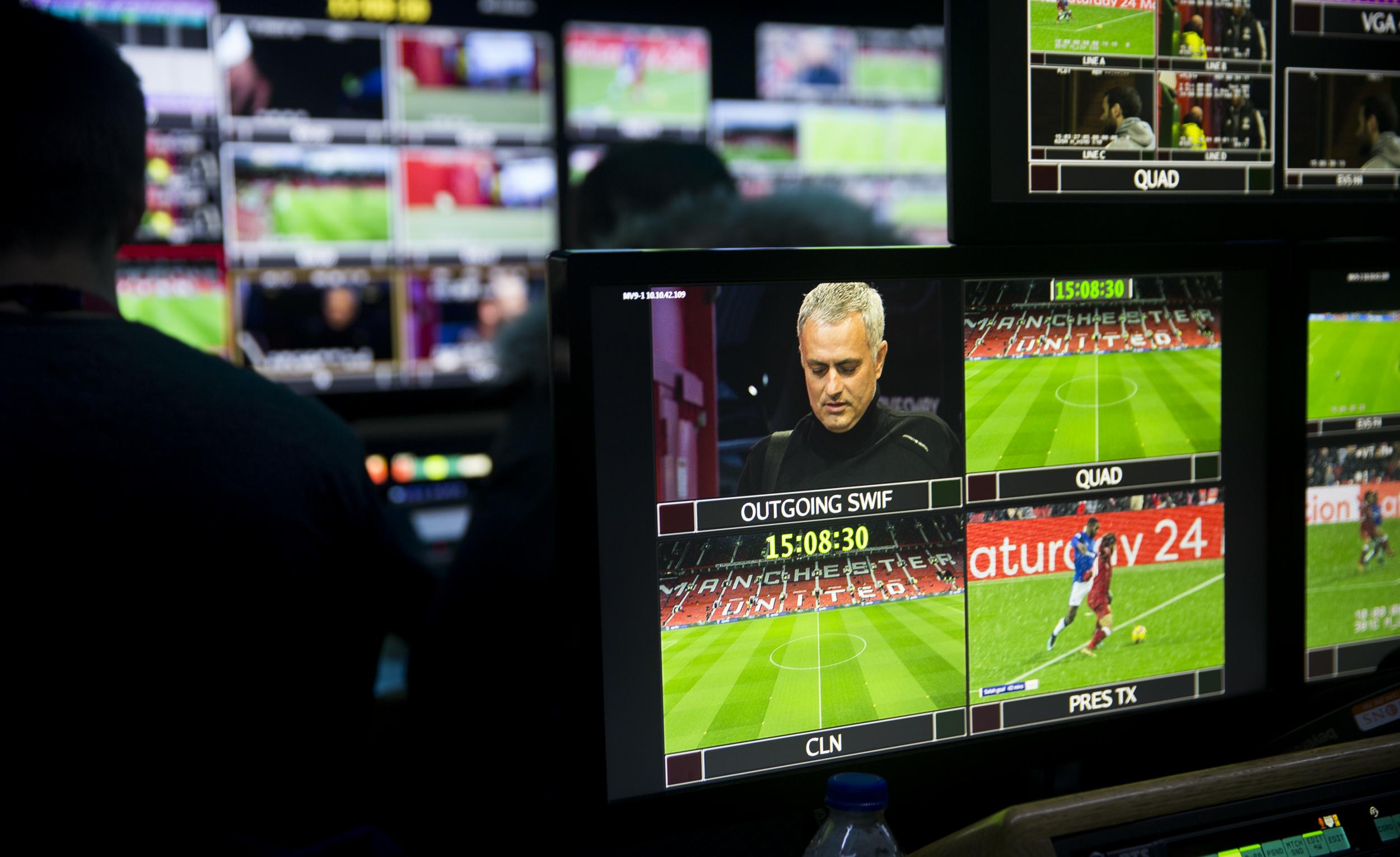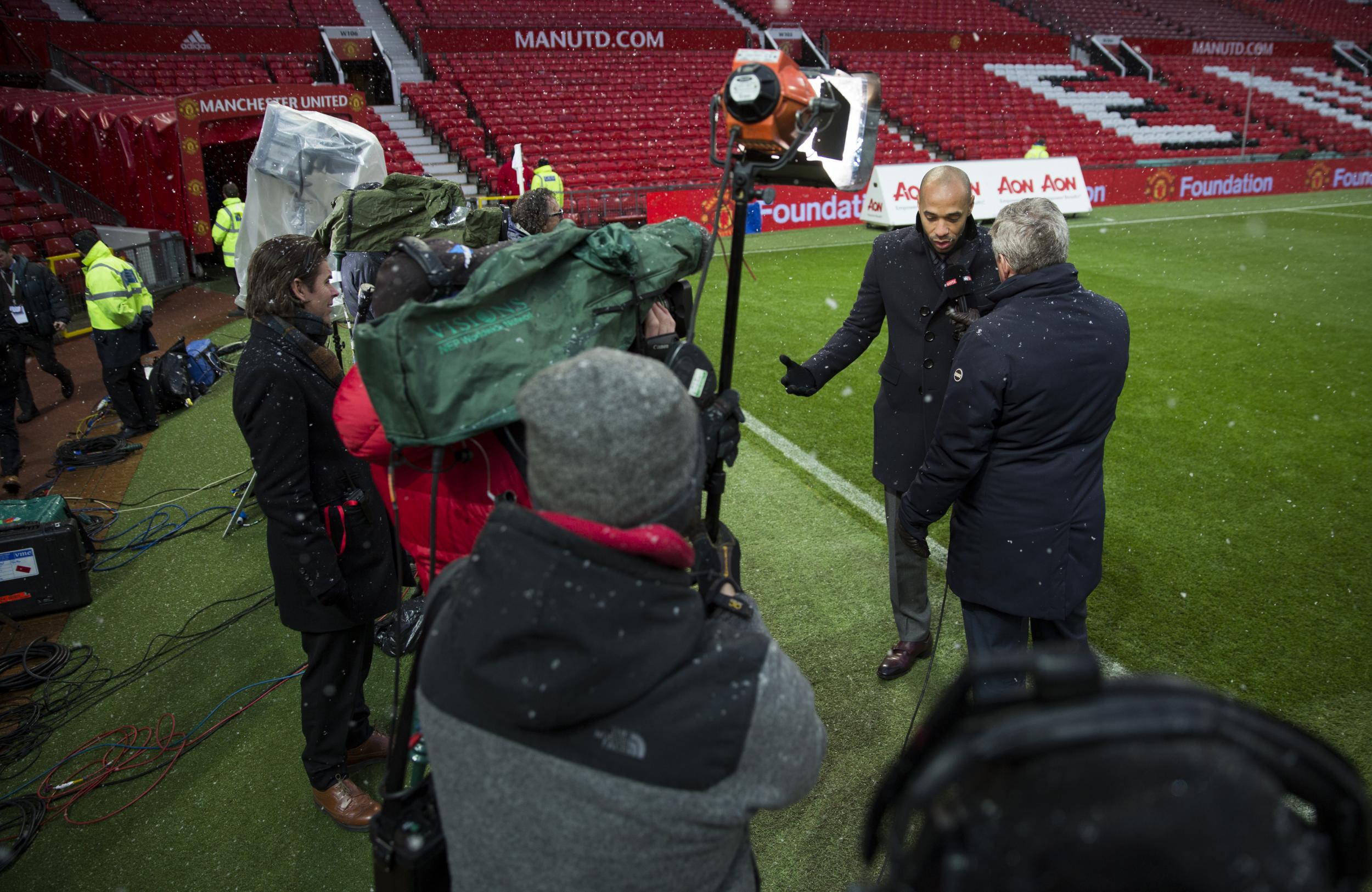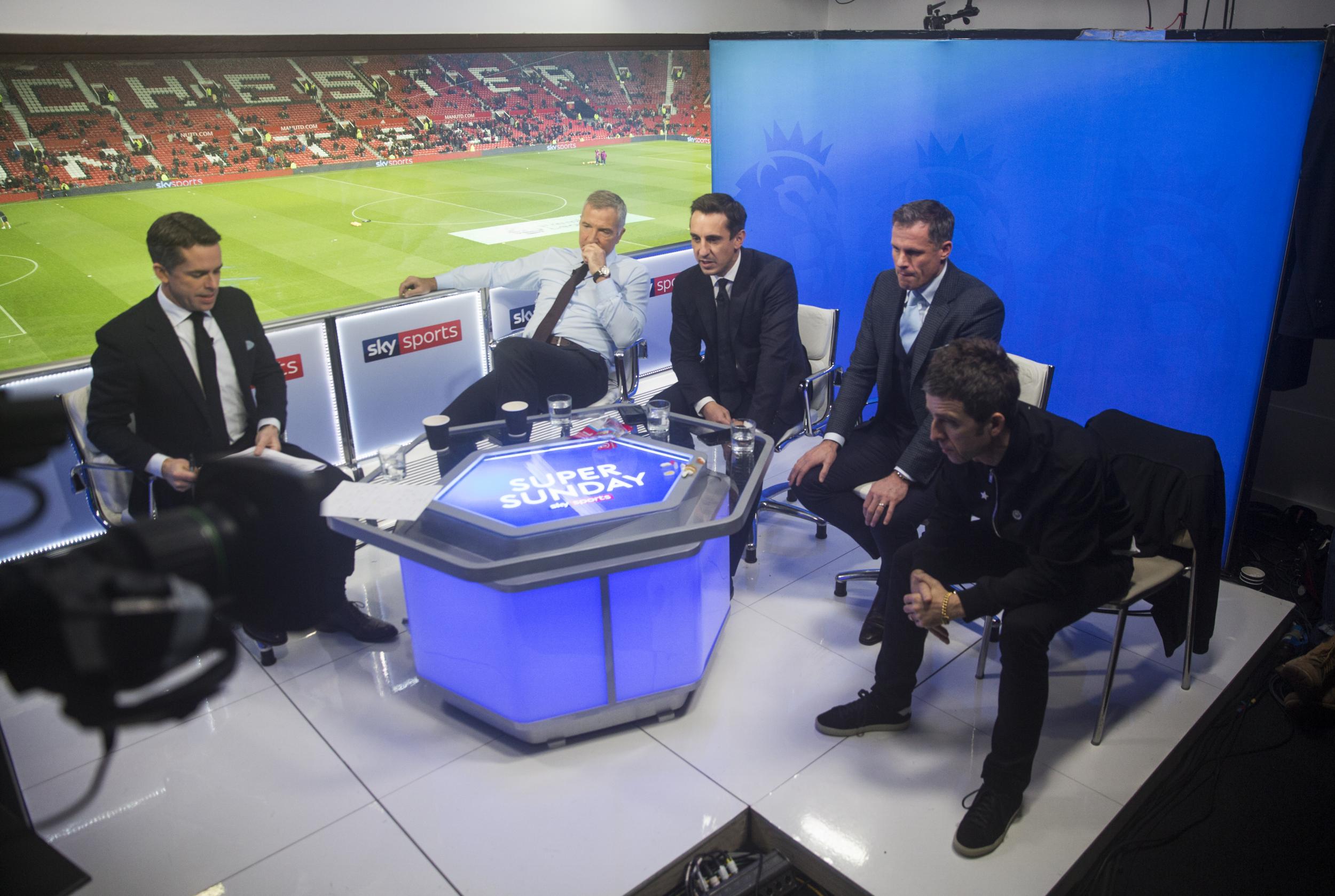Premier League TV deal: Winners, losers and what it means for fans and clubs
With five of the seven packages sold for nearly £4.5bn - what does it mean for fans?

With the Premier League's ninth domestic TV rights auction entering added time, Sky Sports are 4-1 up but nobody in a BT Sport strip appears to be too downhearted.
Sky have paid less than last time to get more and better games across the weekend, while BT has stayed in the Saturday game without spooking the bean-counters.
This is what it means to the bidders, the clubs, the fans and the game in general.
Who is the biggest winner?
Arguably, anybody who owns shares in BT or Sky, which is nearly everybody with a pension, as the City should react favourably to the first auction for nearly a decade that has not witnessed a 70-per-cent hike in prices. But the more straightforward answer is Sky. It has picked up two more games a season, first picks every weekend, a chance to experiment in Saturday primetime and saved nearly £200m a season compared to current three-year deal, reducing its per-game pay-out by 16 per cent. That is a win in anybody's accounts.
So does that mean BT lost?
No, in fact you could say both sides have enjoyed a peace dividend. Having spent the last two auctions using Premier League football as a proxy war for broadband and phone customers, they have called off the dogs. In December, the pair even agreed to sell each other's content to their customers - a clear signal that common sense was breaking out. BT has returned to its old 12.30 slot on Saturdays and will fill it with lots of good games and is still in the market for the two 'simulcast' packages of bank holiday and midweek games - a similar concept to their midweek European nights.

What will the clubs be thinking?
With nearly £4.5bn in the bag and another 120 games to sell, nobody should think this is a disaster. The Premier League failed in its attempt to get Silicon Valley's money-bags companies involved in the main action but it says there are "multiple" bidders for the two remaining packages. We know one is BT, so "multiple" would suggest there is at least one other and Amazon is the most likely. Sell those games later this week and the total should be close to the 2015 figure of £5.1bn, albeit for 32 more games. While this means one market has matured, another - the world beyond these shores - is only just opening up.
What impact will this week's deals have on fans here?
Almost none, immediately. The current deal has a season and a bit to run and the BT/Sky plan to share content will be in place by the time the new deal kicks in. The fact the two companies have not overpaid this time also suggests there is no obvious need to ramp up prices, although that does not necessarily mean they will not try - they are businesses, after all. The big impact is likely to come further down the line, though, when the big clubs start agitating again for a bigger share of the currently evenly-distributed overseas TV income. Will they try to sell their own games? Will they start to think more about fans in LA and Singapore than here? Will they think about another breakaway?

What chance is there of any of this TV money filtering down to the grassroots?
Any or more? Because the Premier League will tell you millions of pounds of the clubs' money finds its way to youth schemes and 3G pitches near you. But many people actually coaching, organising or playing amateur football will say "really?" The truth, as with most such differences in perception, is in the middle. Huge sums are being invested further down the pyramid by the league and the clubs themselves. But, equally, there are youth clubs up and down the land struggling to find somewhere dry to play every weekend over the winter, and there are huge disparities in coaching and facilities from one area to another. Government austerity has not helped, neither does our weather, but calls for the richest league in the world to do more will grow and they should be heeded.
Join our commenting forum
Join thought-provoking conversations, follow other Independent readers and see their replies
Comments
Bookmark popover
Removed from bookmarks